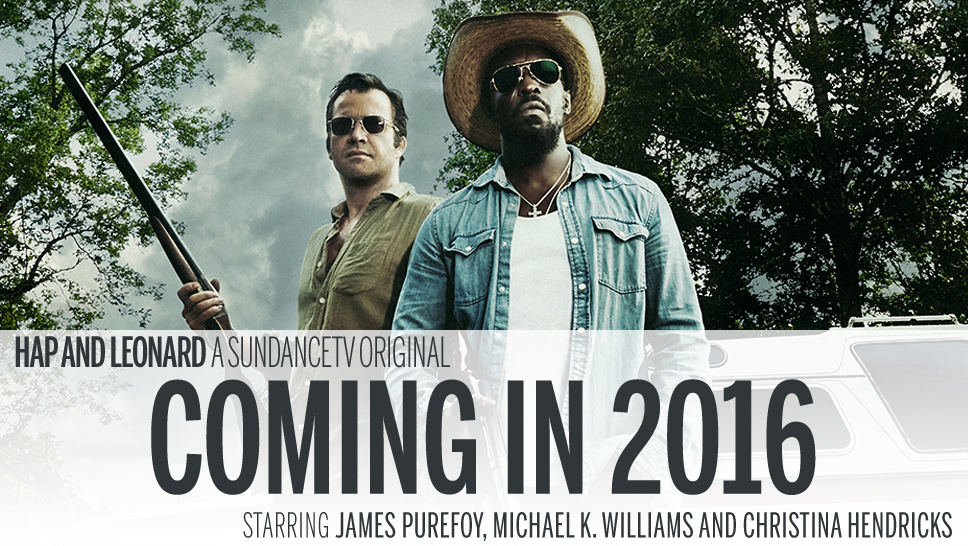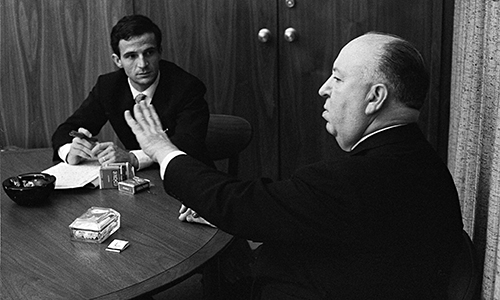
“But to lose my idealism, to quit believing in the ability of human beings to rise above their baser instincts, was to become old and bitter and of no service to anyone, not even myself.”
― Joe R. Lansdale, Savage Season
About a dozen or more years ago I was working on my first novel, Correction Line, and I was swapping chapters with a friend from Rhode Island. My story was a combination of a lot of things I loved, literary fiction, the prairies, baseball, bad guys with guns, and oh yeah Marquez and other magical realists. Let’s just say I was trying to put a lot of things together.
While my friend was reading the excerpts he asked,
“Anyone ever tell you that you kinda write like Joe Lansdale?”
“Who?”
And like someone gave me a beautiful spin kick to the head, I discovered the Mojo Storyteller - as he refers to himself on his website.
Over the years, lots has been written about Lansdale. He’s always had his pockets of fans, and it seems the pockets are getting bigger lately. It seemed like he flew under the radar for quite a while, in my circles anyway. But with movies like the cult classic Bubba Ho-Tep, and the adaptation of Cold in July, and the most recent three seasons of Hap and Leonard on the Sundance Channel, a lot of people are discovering his work. I’m really happy for him, as it is all well-deserved, but there’s a part of me that still wanted to keep the secret to myself… sort of like when I first loved the Talking Heads, or even Smashmouth, before whatever the hell happened to that band happened. (Shrek anyone?)
Anyway, like I said, lots has been written, including by me at this blog, on my love of all things Lansdale. At the centre of this praise are his two best, and most well-known characters, Hap and Leonard. Trying to keep this intro short, so let’s just say working class white, liberal, draft dodger Hap teams up with black, gay, conservative, Vietnam vet, Leonard and they… wait, what do they do? Solve cases? Help people? Are their own kind of knight errants? Kick a lot of ass? Well, yes to all those things. It’s kind of hard to describe. They do get into their own sort of trouble, and end up helping people because it is the right thing to do. But really, for me, it’s all about who they are—I read them just to find out what they’re up to. And the characters are so sharp and original that I’d read a story about the two of them going to the grocery store to pick up a box of Vanilla wafers for Leonard (his favourite).
It’s damn hard to create characters like this. In the books I’ve written, the fiction gods smile on me from time to time and deliver someone out of the ether, or Venus from a shell, or pick a magical metaphor. In Correction Line it was the character Lawrence, a hitman with a gift for language and a love of music. In Surf City Acid Drop it was another hired killer named Mostly Harold. (Given the name by Luke Fischer when he explains that he has a number of aliases, but mostly Harold). I wonder if somehow the same thing happened to Lansdale, where these two guys just showed up at his door, fully formed, and said, let’s get at her.
Somewhere I read that plot is simply character in action.
Lansdale is the master of sharp visceral dialogue and action—as well as laugh out loud funny moments, like the one that opens Bad Chili. Hap is staring down a rabid squirrel, who chases both him and Leonard before latching onto Hap’s forearm, until Leonard finally runs over the bugger… repeatedly. The Hap and Leonard novels are full of these great moments, but what I keep coming back for is the character’s friendship. The fact that these polar opposites have a deep friendship makes me think that Lansdale is poking at something here— how in spite of our polarities, we can still come together.
Hap and Leonard bust as many stereotypes as they do heads.
But again, it is the small moments between them that say so much. I could have picked a passage from any of the novels, but because I have Bad Chili open, I’ll quote from that.
Hap has found Leonard in his house, after escaping from a group of bikers by way of crawling through a whole lotta pig shit.
The dialogue between them could be an old married couple, but instead it is the best of friends… friends willing to die for the other.
“I thought you might be dead.”
“Disappointed?”
“A little. I can’t believe you didn’t take off your fuckin’ shoes and clothes before you got in mybed. I do that to you, get shit on your bed?”
“I don’t even remember having on shoes and clothes, Hap. You didn’t bring home anything to eat, did you? I couldn’t find nothing but ants and sardines, though I think I’d prefer the ants to the sardines. Goddamn ants ate my cookies.”
“Those were my cookies.”
“Yeah, but I know you keep them for me.” Leonard swiveled to a sitting postion on the bed. “Is that coffee I smell?”
To finish this up, at the heart of it is great storytelling. I’ve been reading some Chuck Wendig, especially his latest, Damn Fine Story. Wendig writes about how lots of so-called rules of writing can be broken, if at the heart of things you have a great story – in fact they can be broken to aid in the telling of the story (but for damn sure, know the rules you’re breaking).
The first few chapters of Bad Chili revolve around Hap getting treatment for his possibly rabid squirrel bite. I know some editors and agents would say that the conflict has to be there right on the first page, and don’t fuck around getting there. Lansdale eventually gets there (the novel is not about rabid squirrels—but for three of four chapters it is). Because he has created such great characters, you don’t feel one ounce of impatience in the doling out of the story… or I sure didn’t. And it is a damn good story.
I’ve learned a lot from writers like Lansdale, Stephen King, James Crumley, James Lee Burke, and Neil Gaiman. There are other writers that I love just as much, but for different reasons. Richard Ford and Don DeLillo for the beauty of language—same goes for Raymond Carver, Alice Munro and Jennifer Egan. The publishing industry likes to separate literary from genre writers. But when I look at this tossed together list, though the styles are quite different, at the centre of each beats the heart of a great storyteller.
Hey, feel free to comment on your favourite storyteller.
Or your favourite rabid squirrel. Your choice.
 Friday, April 19, 2019 at 03:56PM
Friday, April 19, 2019 at 03:56PM 






